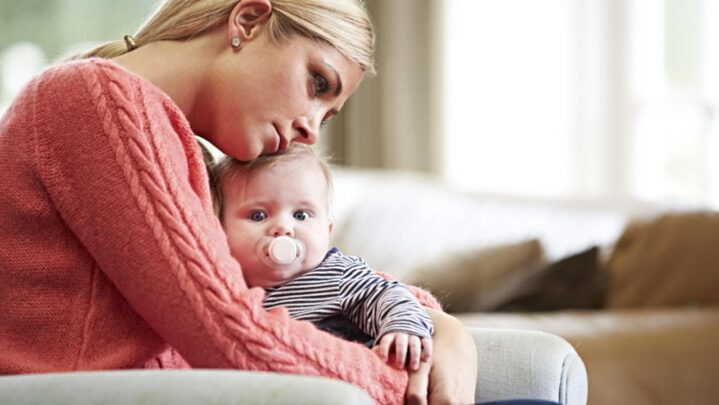Depression is a mental condition that affects people’s thoughts, actions, and emotions. At some point in their life, approximately 6% of women will experience depression. For women who are pregnant, this number rises to around 10% (1 in 10) of the total, as per caring for kids reports. During pregnancy and the weeks and months following childbirth, women are especially vulnerable to depression.
Depression at these times is often confused with pregnancy symptoms or the “baby blues” that many women suffer shortly after giving birth. However, it’s not the same. Many new mothers suffer from the baby blues which is a mild form of postpartum depression. The baby blues are experienced usually after 2- 3 days of delivery and continue up to 10 days or several weeks.
Depression during or after pregnancy can impact the child in various ways. Depressed mothers may have difficulty caring for their children. The mother’s emotions and actions will have an impact on her ability to care for her children. Attachment is crucial for a child’s growth, and depression can interfere with the mother-child bond, causing the child’s development to suffer. The age of the child determines how a mother’s sadness impacts her child.
Babies that don’t form a strong bond with their parents are more likely to have difficulty interacting with their mother, have sleep problems, have developmental delays, more colic, being quiet or passive, or developing skills, or reach developmental milestones later than other babies.
Toddlers and preschoolers may be affected in the following ways
Less self-sufficient,
Less likely to socialize with others
Have a harder time taking discipline
Be more violent and destructive
Perform poorly in school
School-going children and adults may exhibit behavioral problems, may experience trouble in learning may develop ADHD, and are more prone to having mental health problems.
Keep reading successyeti.com
Also Read: Does Depression Affects Our Sleep?





